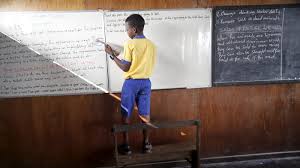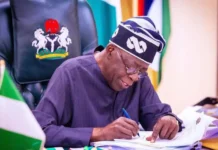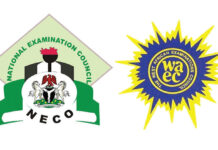Corruption is severely impacting Nigeria’s education system, particularly in primary schools, according to the Independent Corrupt Practices and Other Related Offences Commission (ICPC). The commission highlights several key areas where corruption is hindering children from receiving a quality education. For instance, fake enrollment allows individuals to profit from exaggerating student numbers, while essential supplies like textbooks and equipment disappear before reaching schools. Additionally, unqualified teachers are being hired, students are cheating on tests without actually learning the material, and funds allocated for school repairs and improvements are being misused.

The ICPC emphasizes the importance of transparency and accountability in addressing these issues. To achieve this, the commission recently organized a workshop focused on training education professionals to manage resources responsibly and honestly. The ICPC stresses that combating corruption in education is crucial for Nigeria’s future, as a good education is essential for securing better job opportunities and contributing to the economy.
To effectively tackle corruption in education, the ICPC urges collective action from the government, teachers, parents, and students. Individuals can contribute by speaking out against suspicious activities, getting involved with organizations working to improve education, and educating themselves on the significance of education and the detrimental effects of corruption.
Corruption remains a significant obstacle to Nigeria’s development, eroding trust in public institutions, undermining the rule of law, and stifling economic growth. The ICPC chairman notes that corruption is not only a legal issue but also a social problem requiring a comprehensive approach. According to recent surveys, corruption ranks fourth among Nigeria’s critical problems, with an estimated 87 million bribes paid in 2023, amounting to N700 billion.
Addressing corruption in education and other sectors necessitates sustained efforts and collaboration. By recognizing the severity of the issue and working together, Nigerians can create a better future for themselves and their children.



